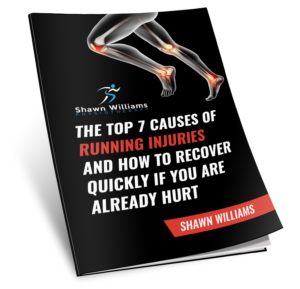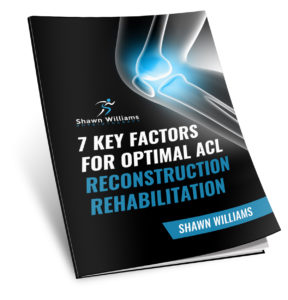Many people who see their family doctor for running-related pain get told to stop running. As a runner myself, I know hearing this from your doctor would be very discouraging. However, as a physiotherapist, I also know that quitting running is usually not the answer to your running injuries.
Common running injuries include, but are not limited to: plantar fasciitis, iliotibial (IT) band syndrome, shin splints, patellofemoral syndrome, and Achilles tendonitis. These conditions may be acute (a newly occurring injury) or chronic (has been an ongoing problem).
Acute running injuries are typically caused by attempting to progress your training too quickly. If you increased your running frequency, duration or speed to quickly, you put yourself at risk for the sudden appearance of pain.
Acute running injuries are no cause to quit running. They are simply the body’s way of telling you that you tried to push yourself too hard too quickly. In this case, you do not have to stop running entirely, just reduce the intensity of your training and increase it more gradually.
A physiotherapist will not only treat the running injury, but they can also help create a personalized training program that is designed to minimize the risk of injury in the future.
Chronic running injuries are often caused by prolonged overuse due to muscle imbalances and/or poor biomechanics. A physiotherapist uses a thorough assessment to identify areas of muscle weakness that put you at increased risk for injury.
Runners often develop weak gluteal muscles and core muscles, which put them at risk of knee and hip injuries and lower back pain. Correcting these muscle imbalances help to get you back running pain free and with decreased risk for future injury.
Poor biomechanics are another cause for chronic running injuries, and are often the result of a lack of mobility or strength at the hips or feet. This leads to an improper load distribution, increasing the impact on an area of the body that is not built for that much force, causing injury.
While correcting these problems may sound daunting, it can certainly be done. A physiotherapist trained to analyze gait (i.e. how you run) will be able to use your assessment findings to determine the best way to correct your running form. This will allow you to get back to running without pain.
If you are currently experiencing a running injury or have been told by your doctor to stop running contact us by sending us an email, or giving us a call or text at 416-660-4187.




